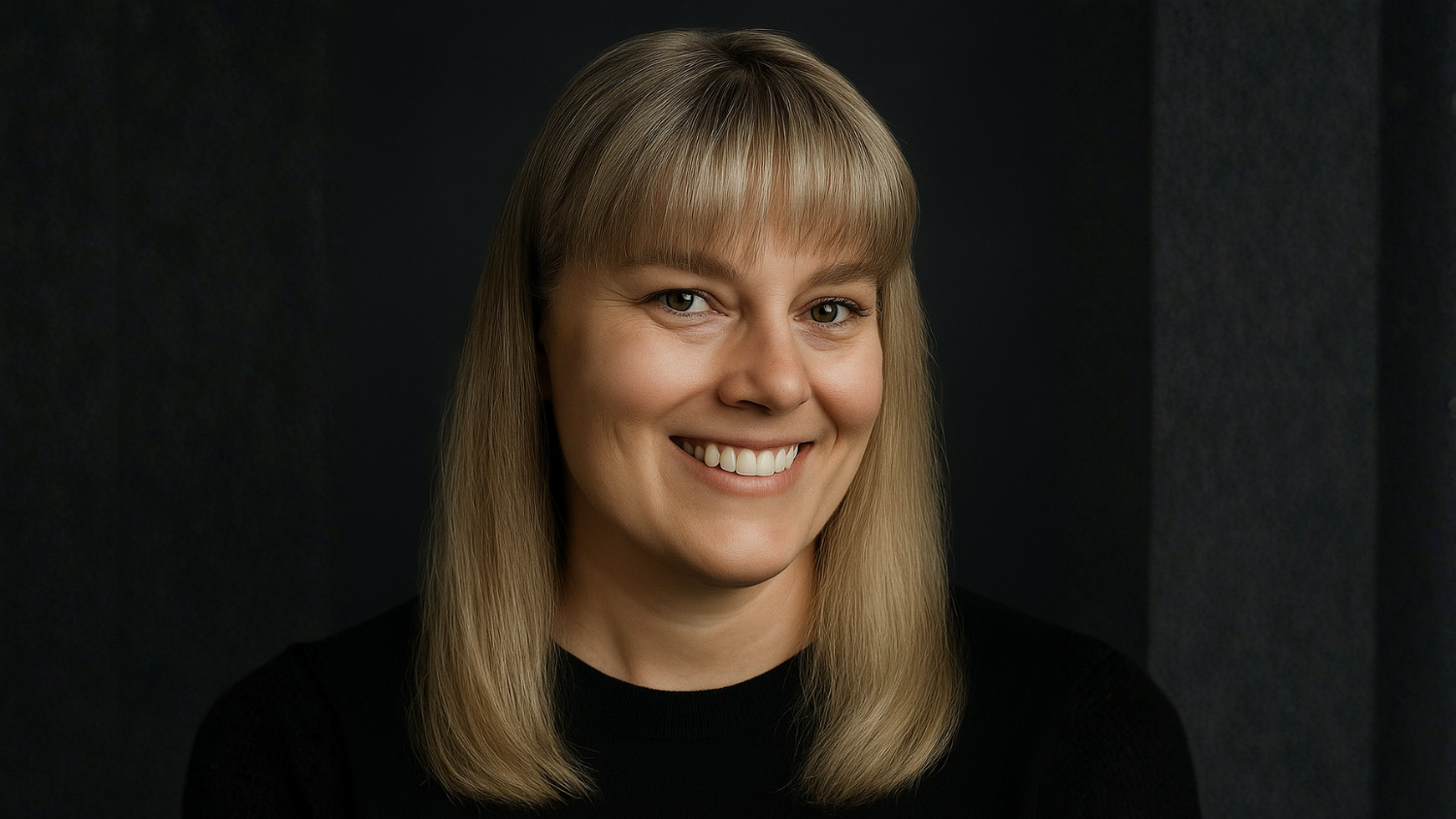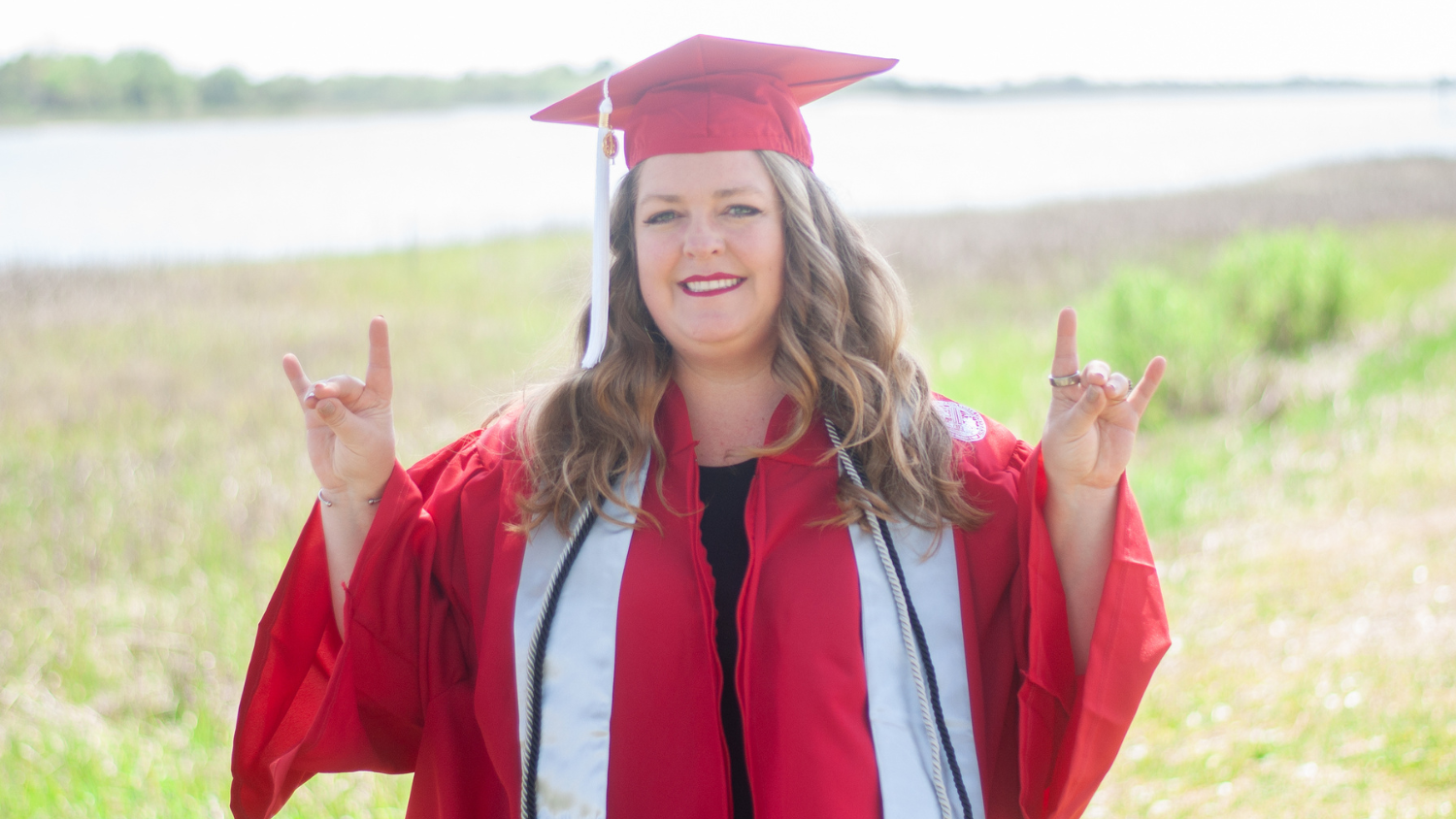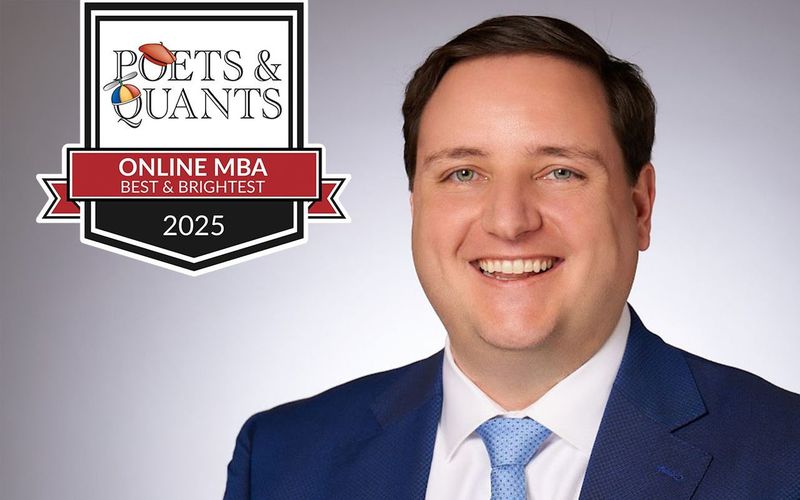How Mindy McDowell Redefined Herself in the Online Master of College Counseling and Student Development
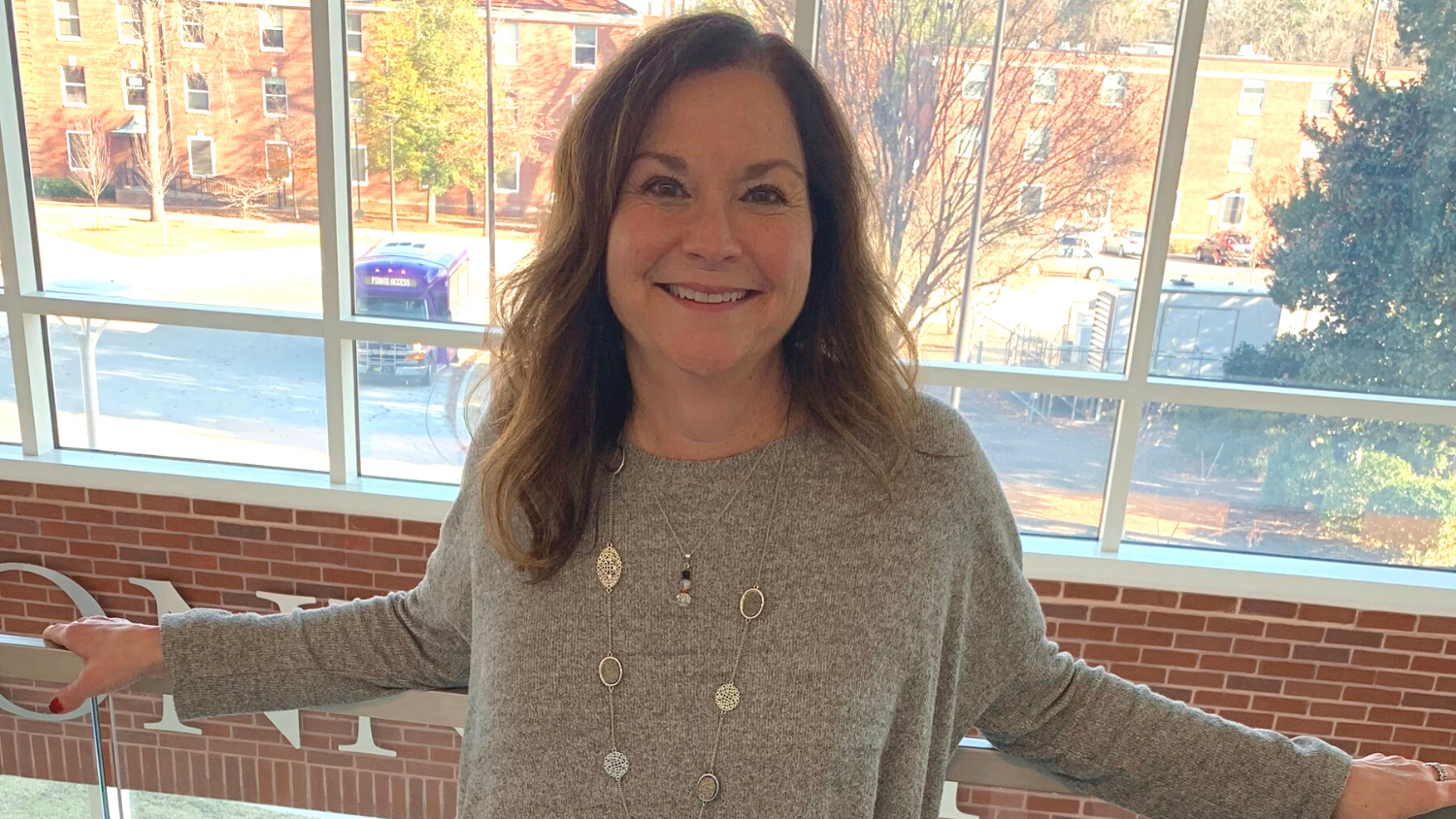
Mindy McDowell, assistant director of counseling and disability services at William Peace University (WPU), wasn’t always on the path that brought her to where she is now. Back in 2015, she faced a major life change, which she says thrust her out of an existence that had defined her for close to 30 years.
“Faced not only with having to support myself but also to redefine my identity, I began to think about what I would do for work and, as is often the case, I landed back where I started,” she says.
As an undergraduate student, McDowell studied psychology, and she had worked in the mental health field ever since graduation. After college, she enrolled in a master of social work program but set that goal aside when life took over.
“I never really set aside my passion and desire to help people, and my life became an extension of this even as I got married, had my children and created our family. I volunteered regularly throughout those years, gravitating toward efforts in which I could have direct contact with the people I was serving such as new parents, young students and hospital patients. When my life took an unexpected turn, I returned to these beginnings which have defined me all along.”
To make the return to education, McDowell tested the waters with the online Graduate Certificate in Counselor Education.
“My confidence at that time was at a low ebb, but I decided that I would never know if I could do it unless I tried. I began the certificate program as a first step toward deciding if school counseling would be a good fit for me.”
This piqued her interest in working with emerging adults. Over the course of the certificate program, McDowell solidified her desire to work with young adults at critical junctures in their lives. As the parent of two college students at the time, she had some insight into some of the issues young people face.
“College is a time of exploration and identity formation; emerging adults can be open and curious, and I decided that I wanted to work with students during this time and be a part of helping them define their adult identities, much like I was doing later in life.”
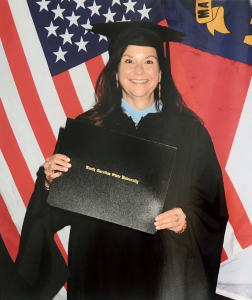
An information session showed McDowell that NC State’s Master of Education in College Counseling and Student Development was the place for her. At the time, she was exploring a similar master’s program at another university, but one moment set her on a path to join the Wolfpack.
“When I walked into Poe Hall, I immediately fell into conversation with some other prospective students and felt a sense of belonging,” she says. “I listened to an educator who was looking to change careers and realized that, although most of the people there were younger than I was, there were others who were looking to redefine themselves as well.”
Distance education was also a deciding factor for McDowell. At the time, she was working as a substitute teacher and administrative assistant at a private high school. The online program allowed her to keep her job while going to school. As an older student and someone who enjoys face-to-face interactions, she worried that the virtual nature of the program might be a barrier. However, she was pleasantly surprised.
While the technology was occasionally challenging, McDowell always felt very engaged in every class. Group projects gave her classes a chance to work together and get to know each other. Learning how to navigate the technology of virtual learning and manage the difficult aspects of connecting with others remotely turned out to be a skill that came in handy during the past year of Zoom meetings and telehealth counseling.
“As one of the oldest students in my cohort, I worried that I would not be able to keep up with the technology, and it was truly a confidence builder to successfully navigate the demands of an online program,” McDowell says.
Balance can be difficult to achieve in a graduate program, but for McDowell, the online program made it easier to meet all of her responsibilities and to enjoy life at the same time.
“The flexibility of the work for the classes, not having to drive into campus and navigate traffic, parking or weather, and having professors who understood that I had a life outside of grad school enabled me to have a successful work/life balance.”
The program not only helped McDowell find balance in her personal life but propelled her forward in her career. The M.Ed. in College Counseling and Student Development requires a one-semester practicum and a two-semester internship, empowering students to put their didactic experience into practice as working professionals. For her practicum semester, McDowell worked at NC State as an academic coach, which gave her a taste for future work as an academic advisor, but she wanted to round out her practical experience with a clinical position. Another academic coach and McDowell’s peer in the program was completing their internship at William Peace University, so she connected with them to talk about a position.
“In fall 2018, I started work as the graduate counseling intern at WPU. Right before the end of my internship, the full-time counselor announced her resignation. I applied for the position, interviewed and was thrilled to be offered a full-time job starting one month after graduation. It has been the perfect job for me, and I am so grateful to be able to use my degree to do meaningful work with committed professionals in a small liberal arts setting … I feel like I have landed right where I belong!”
Throughout her time in the online program, McDowell met people and professors who made an impact on her experience and remain influential in her life.
“In almost every significant event in my life, I can think back on one or two people without whom I would never have made it through. Angie Smith, Ph.D., is definitely one of the people I will always carry with me in my heart whenever I consider how I came through grad school! Her faith in me as a student and as a future counselor, her constant encouragement whenever I needed it and merely knowing that she was in the background, cheering me on, sustained me throughout the program. I am truly lucky to have had her as my advisor.”
McDowell also credits Helen Lupton-Smith and Roger Callanan as important mentors who taught her how to be an effective counselor. Doctoral teaching assistants Lauren Gardiner and Courtney Walters served as important sources of knowledge and insight and as role models.
“Collaboration with my classmates was such a rich part of my graduate school experience and gave me insight into many different viewpoints and lived experiences,” McDowell adds.
Her advice to others considering continuing their education? “Go for it!”
“You never know what you can do unless you try!”
Are you interested in supporting college students and emerging adults? Explore the online Master of Education in College Counseling and Student Development.
